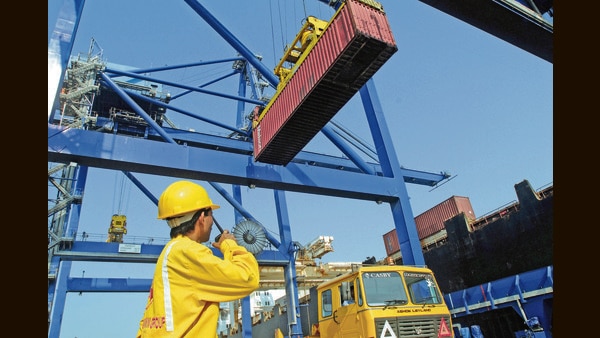
NEW DELHI :India may no longer stick to the template for bilateral investment treaties (BIT) that it adopted after terminating most of these treaties in 2016, a senior official aware of the development said.
The change in the approach comes at a time when India is negotiating investment treaties alongside free trade agreements with some top trading partners, including the UK and EU, that are looking for stronger investment protection while objecting to the 2016 model BIT.
“It can’t be the same model as 2016. A long time has passed since then and there are lots of changes that have happened in between and so what countries want in the BITs has also changed,” the official said, adding that the new model as and when decided, will need the approval of Cabinet.
Another official had told Mint that in cases involving partners with whom India has diverse ties, including economic and strategic, there the ‘one-size-fits-all’ approach of the 2016 BITs model may not be suitable and “there can be tweaks to suit some partners”.
The first official further said that with the shifts in the geopolitical landscape along with FTAs that were being renegotiated for better terms with partner countries, the BIT is bound to be quite different from the model proposed in 2016.
The government annulled BITs which were based on old model texts framed back in 1993 after receiving adverse judgments in multi-billion dollar investor-state disputes in international courts. To prevent this, the model BIT included “exhaustion of local remedies” as a clause which in effect emphasized state rights over investor rights.
However, the number of BITs India signed after 2016 declined. Economists said that it also has impacted the pace of foreign direct investments.
Mint has earlier reported that the EU has proposed an investment court system to resolve investor-state disputes.
The UK is also looking for a different mechanism to resolve investment-related disputes other than what is proposed in the model BIT.
European commissioner for trade Valdis Dombrovskis told Mint that India’s ambition to become a manufacturing hub and integrate itself with the global value chains requires a lot of investment and for this investment to come, there also needs to be “proper investment protection” and a “proper mechanism to solve disputes as they arise”.
An Icrier working paper on the impact of BITs on FDI Inflows into India observed that the government has on many occasions voiced complete antipathy to any multilateral governance of international investment.
“Instead the faith seems to reside in soliciting foreign investment, supported by indices such as an escalation in the ease of business ranking. However, mere improvement in this kind of ranking may not be sufficient to encourage substantive foreign direct investment.”
According to a World Bank ‘Ease of Doing Business 2020’ report, India ranked 163 out of 190 countries in ease of enforcing contracts, and takes 1,445 days and 31% of the claim value for dispute resolution. Experts said that the delay hurts investor confidence and impacts FDI inflows.
The Icrier report added, “The collective presence of an overall investor protection is positively and significantly linked to foreign investment flows.”
Queries sent to the commerce and finance ministries remained unanswered till press time.





